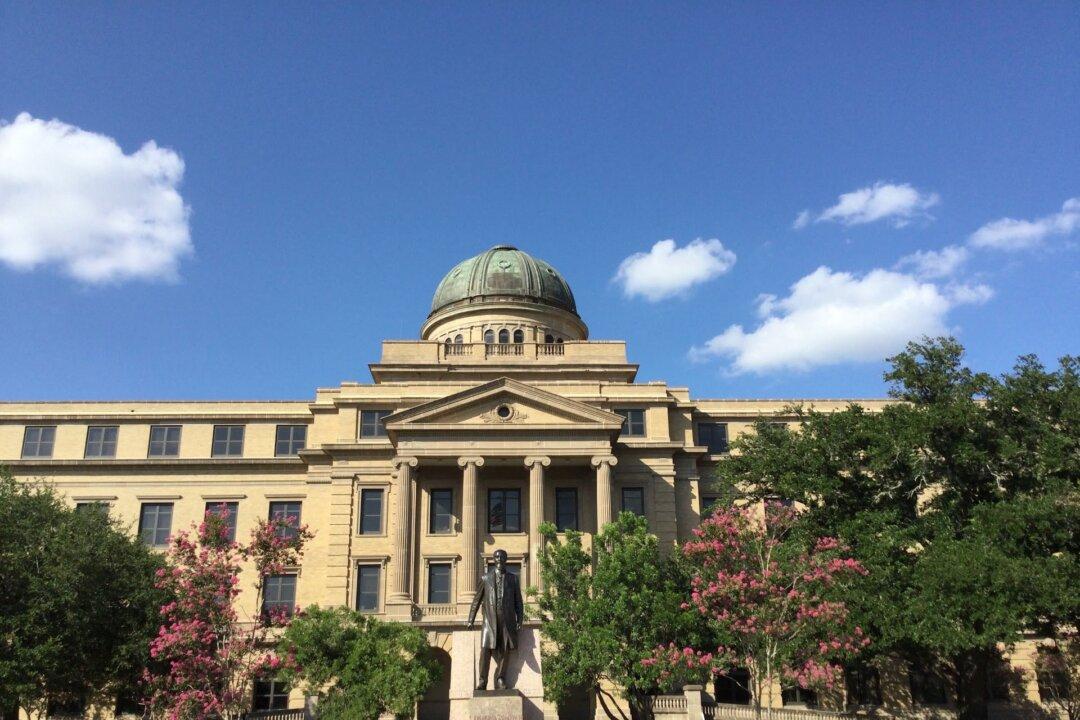The Texas A&M University’s governing board has overwhelmingly voted to shut down the branch campus in the Gulf nation of Qatar amid claims that the university’s 20-year presence there poses a national security risk.
In a 7-1 vote on Thursday, the A&M Board of Regents decided to end the contract with the Qatar Foundation for Education, Science and Community Development, a Qatari government-run organization that has been funding the campus on the outskirts of Doha since 2003.





